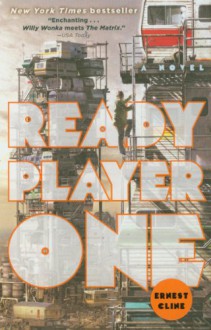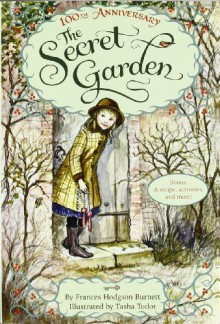
Spoilers.
Also, many swears and ranty bits.
* * *
Ready Player One is such a pile of shit that I just have no idea what to do with it in my brain. Also what to do with the fact that everyone seems to be hailing it as the Second Coming.
It is 2045. The world is broken because of global warming. Much of the human race spends most of its time in OASIS, the biggest simulation ever built, in order to escape Real Life. The creator of OASIS, Halliday (I don't know what his first name is and I don't care) coded a set of puzzles into the game before he died, with the first player to solve the puzzles becoming heir to his gigantic fortune. Oh, and Halliday was really fond of 80s pop culture (because, I suspect, Ernest Cline is really fond of 80s pop culture), meaning that the whole human race is now reliving the 80s because the Easter egg is such a huge prize. (Because, you know, that's how popular culture works.) Enter Wade, Easter egg hunter ("gunter", Cline calls them) and general teenage nerd. The rest of the book plays out exactly how you would expect.
What is so fucking enraging about this book, in fact, is not the infodumpy, Occam's-Razor-violating, hipster-namedropping world-building, or the utterly predictable plot; it's engaging enough to overlook these issues and just go along with the story. No, what made me want to throw Ready Player One out of the train window (I read it on the train) was its arrogant, fucking oblivious erasure of everyone except the main character (who is white, male and straight).
Cline goes to actually offensive lengths to make sure we know that everyone on Wade's A-team (oh, don't you know, white boys who save the world always have an A-team. See also Mr Penumbra's 24-Hour Bookstore) is a POC or a woman or gay (in one case, all three) solely so that his main character can demonstrate his Enlightened Acceptance of All Humanity. (All white male authors: please note that not being racist or sexist or homophobic is, like, the least you can expect in a decent human being; it does not make your character a fucking god.) An actual sentence from the book (Wade has just realised that a person whose avatar is a white straight male is a gay African-American woman in real life): "I understood her, trusted her, and loved her as a dear friend. None of that had changed, or could be changed by anything as inconsequential as her gender, or skin color, or sexual orientation." WELL WHY THE FUCK DID YOU MENTION THEM THEN.
Understand: these non-player characters have no kind of actualisation, no personalities, no selves beyond what the plot requires. They are there solely so that the white male character can approve of them. The female characters exist for the male gaze: we know that Aech, the gay woman mentioned above, has large breasts; we know that Art3mis, Wade's crush, has a "Reubenesque figure", whatever the hell that means. Art3mis also has a birthmark in real life, but she needs Wade's reassurance that "I think you are even more beautiful in real life" before she can be happy about it. Similarly, when Aech comes out to Wade, it feels like the narrative is telling us to wait for Wade's approval, his acceptance, before we can accept Aech.
Fuck that shit.
Oh, and also? Art3mis fucking hates Wade for like the whole book (for good reason; he stalks her and invades her privacy at every opportunity), but as soon as he wins the Easter egg she's all like "You're my favourite person" and snogs him because HE HAS WON THE GAME AND SHE IS HIS FUCKING PRIZE, obviously.
Fuck. Off.


 Log in with Facebook
Log in with Facebook 









